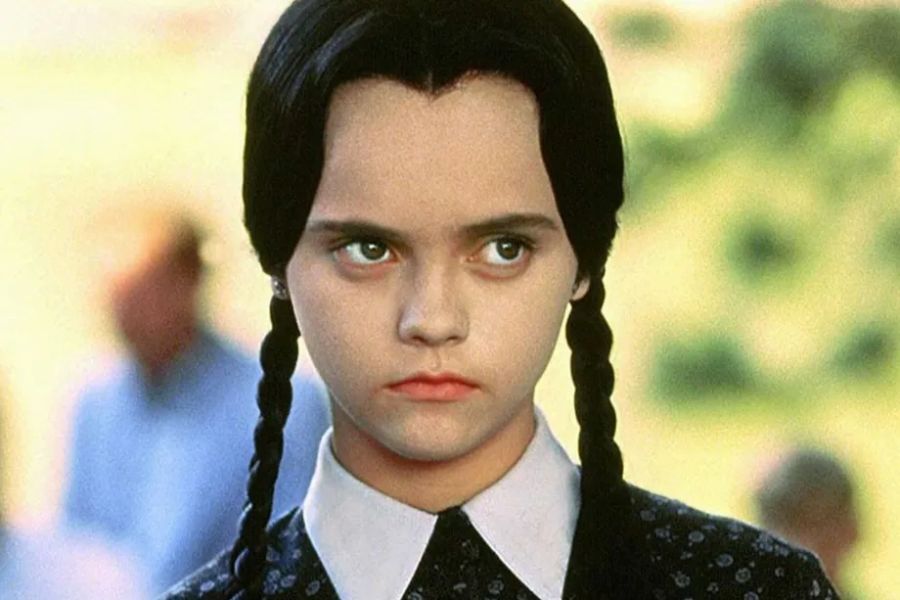In a new interview, Christina Ricci opened up about her teenage struggles with anorexia and her appreciation for the body positivity movement.
Talking to Rolling Stone, the actor revealed, “When I was growing up, the second you looked like a teenager, you had to quit. I got very lucky, because [I] coincided with independent films wanting to cast actual teenagers to play teenagers.”
Ricci began her career as a child, starring in Mermaids when she was just nine. The following year she received her big break as Wednesday Addams in The Addams Family and its sequel Addams Family Values, alongside Angelica Huston and Raul Julia.
The gothic character, known for her emotional coldness and fascination with all things dark, shot Ricci to fame, leading her to land further successful teen-orientated roles, such as appearances in Casper and Now and Then. However, she soon transitioned into independent cinema and began starring in adult roles.
One of her most iconic roles was her portrayal of Layla in Buffalo ’66, directed by and starring Vincent Gallo. Ricci, who was 18 when the film was released, experienced lots of tension behind the scenes with Gallo. The actor/filmmaker is one of the industry’s most controversial figures, and his conduct with the young actor during filming is alleged to have been very abusive.
Gallo would tell Ricci that she was fat, and in an interview with Independent Film Quartley, he made a questionable response regarding the potential of a Buffalo ’66 sequel. He said: “If I could get hold of some of the lipo’d Christina Ricci fat I could clone it and recreate that sweet chubby girl, pickup at the bath tub scene where Christina begins by farting under water and my character Billy Brown has to hold his breath all the way back to the bowling alley.”
However, talking about her experience with anorexia, Ricci told Rolling Stone that she “had trouble processing my childhood and adjusting to being an adult.” She continued, “I was never clinically depressed. I would just joke that I wished it was worse so that I could go to a hospital, have a fucking break, and I didn’t have to make choices. ‘Please, take all my choices away from me.'”
She also expressed relief that body positivity movements have become more widespread over recent years. “The amount of years spent obsessed with trying to make sure nobody could criticize you for your appearance … I really have embraced this body-positivity thing. It’s such a fucking relief to know that nobody’s allowed to call you fat. [When] people complain about things like that, I’m always like, ‘Haven’t you heard? We don’t have to worry about that anymore!'”
